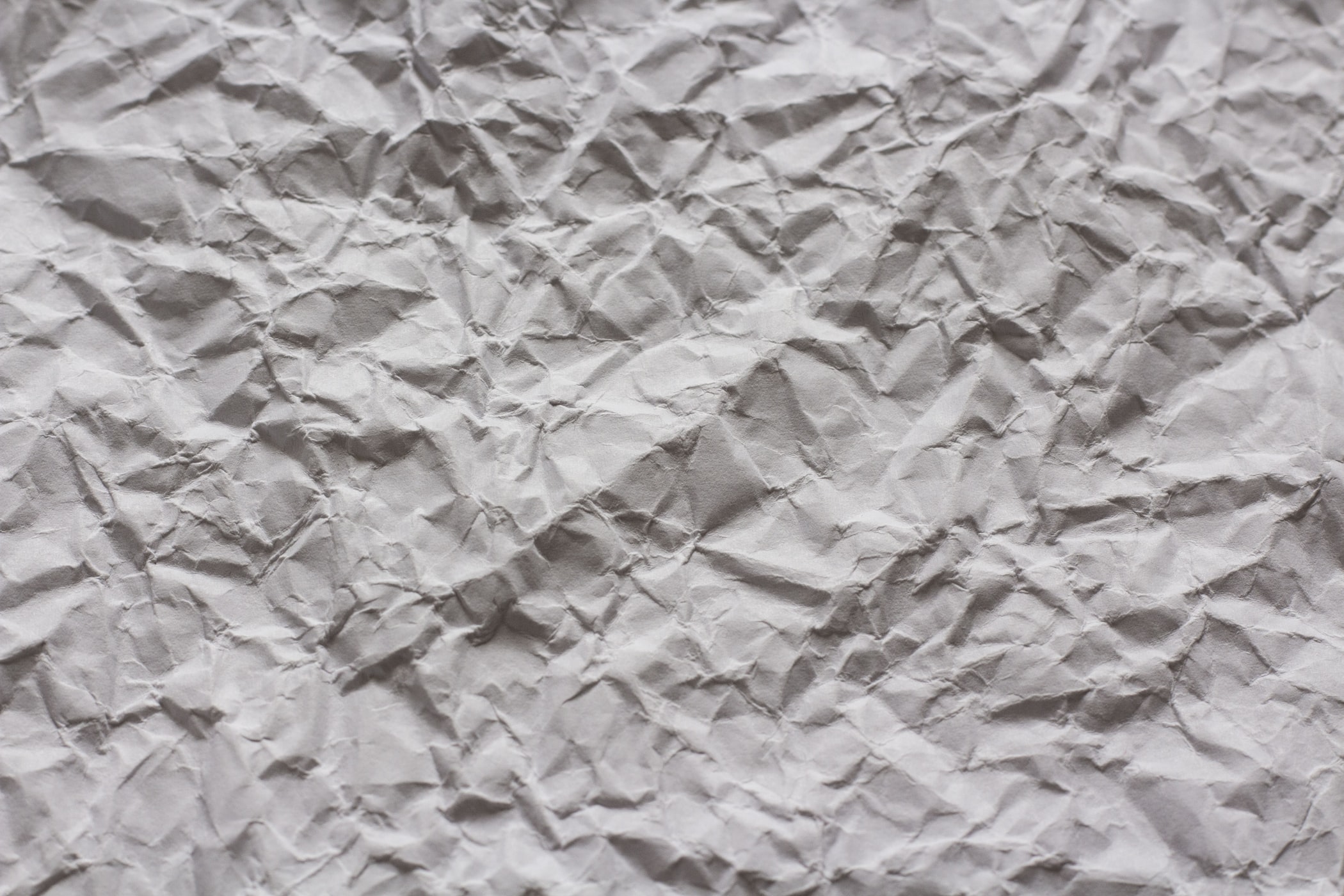
Ihave been a primary care notes summariser for over 40 years, shaping the medical record so that ‘at a glance’ key information is available to the patient-facing clinician.
This was originally in paper-based records, but in the last 15 years it has come to include the electronic form. It can take 3 hours to sort 10 incoming paper and electronic records into this lean medical summary and I have described this process of note filleting elsewhere.1
The NHS Records Management Code of Practice 2020 recommends that we keep all our records until 10 years after the patient’s demise or unless there is a practice transfer. This is a laudable aim but is it realistic?
[paper] can take up valuable room space, is a fire hazard, and ideally needs to be in lockable units.
There is a tendency in our society to never throw anything away, such is the rise of storage facilities all over the country. Most of the Lloyd George envelopes contain NHS written medical records, which are old and outdated or have more recent electronic record printouts without vital audit trails. Thus, it would not be advisable to use this for medico-legal issues.
This is mainly heritage paper material and are we right to horde it in the surgery? It can take up valuable room space, is a fire hazard, and ideally needs to be in lockable units. Of course, one can pay for it to be scanned at great cost or stored offsite but is this the best way forward? In my opinion searching such scanned material for information for summarisation is time consuming and unrewarding.
I remember visiting a ‘single-handed, inner city’ GP in the early ’80s who had recently acquired a free Vamp consulting room computer system. I could see no medical notes anywhere and he said that he had destroyed them as everything was now in the computer. There was just a single shelf of empty Lloyd George envelopes!
Sometimes I dream of those surgeries that have suffered either fire or water damage such that the paper notes no longer exist.
This was the Xerox company vision at the time, of the sleek modern office decluttered by paper and only a workstation on a pristine desk. Perhaps there is a message in this story: grasp the electronic age and ditch the paper. Focus on the GP2GP electronic health record transfer between old and new practices and complain volubly if the record fails to come across.
The Lloyd George envelope contains legacy material and are we at last ready to consign it to pulp after careful medical review with a record of its destruction? Sometimes I dream of those surgeries that have suffered either fire or water damage such that the paper notes no longer exist.
Think of it like this. What happens if the computers go offline? We do not rush to the old Lloyd George envelopes and attempt to muddle along. We cannot print prescriptions, and without a contemporaneous record it is not safe.
I think we must be bold and take this destructive step just to free up space that used to be occupied by paper but is now inhabited by computer terminals and servers linked to the medical record held in the cloud.
References
1. Masters NJ. Shaping the UK primary care record. GKT Gazette 2019; 132(3): 32-33.
2. NHSX. Records management code of practice: a guide to the management of health and care records. 2020. https://www.nhsx.nhs.uk/information-governance/guidance/records-management-code (accessed 27 Apr 2021).
Featured photo by Julia Maior on Unsplash








